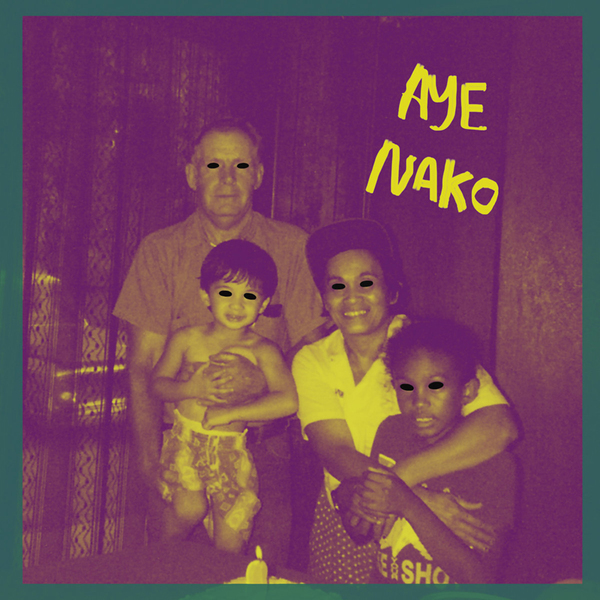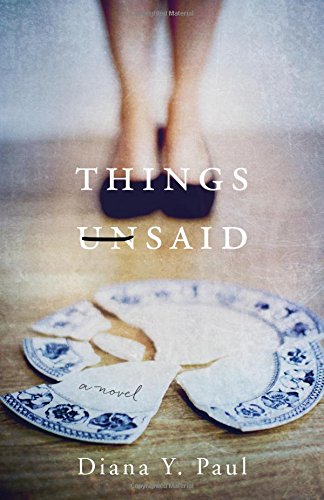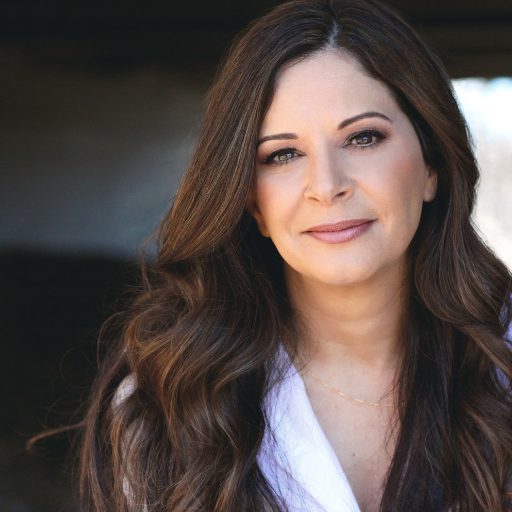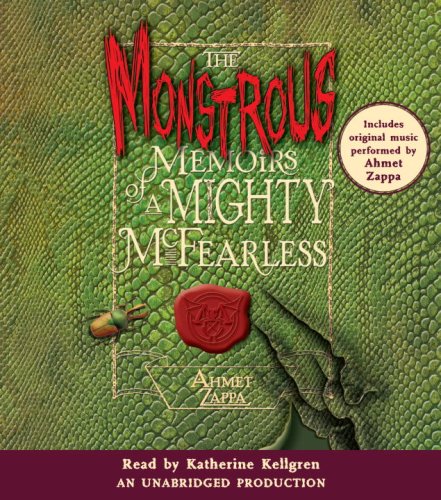 Every generation asks and answers its own questions—and those become culture, history. Aye Nako’s The Blackest Eye considers how matters of self are shaped by world matters—especially regarding class, race, gender, and sexuality. “Leaving the Body” has a fast, thrashing introduction, churning, dense, spinning, with lyrics in which a narrator recognizes bad influence but also claims her own spoilage.
Every generation asks and answers its own questions—and those become culture, history. Aye Nako’s The Blackest Eye considers how matters of self are shaped by world matters—especially regarding class, race, gender, and sexuality. “Leaving the Body” has a fast, thrashing introduction, churning, dense, spinning, with lyrics in which a narrator recognizes bad influence but also claims her own spoilage.
A review of Things Unsaid by Diana Y Paul
 Paul presents a solidly-written cast of characters who are relatable in their imperfections and sense of duty to both their blood and created families. Readers are sure to recognize at least a trace of their own family dynamic in these characters.
Paul presents a solidly-written cast of characters who are relatable in their imperfections and sense of duty to both their blood and created families. Readers are sure to recognize at least a trace of their own family dynamic in these characters.
Interview with Sharon Nir
 The author of The Opposite of Comfortable: The Unlikely Choices of an Immigrant Career Woman talks about the writing of her first book and the challenges it presented, the grueling process of skilled worker immigration to the U.S. and the choices she had to make, whether it was worth the pain, the surprises, her target market, her new work in progress, and lots more.
The author of The Opposite of Comfortable: The Unlikely Choices of an Immigrant Career Woman talks about the writing of her first book and the challenges it presented, the grueling process of skilled worker immigration to the U.S. and the choices she had to make, whether it was worth the pain, the surprises, her target market, her new work in progress, and lots more.
Interview with Andrew Joyce and Danny the Dog
 Andrew Joyce and Danny the Dog provide a joint interview, in which they rib one another, talk about themselves, their influences, their hobbies, how they got into writing, their plotting processes, their most difficult jobs, and more.
Andrew Joyce and Danny the Dog provide a joint interview, in which they rib one another, talk about themselves, their influences, their hobbies, how they got into writing, their plotting processes, their most difficult jobs, and more.
A review of Big Magic by Elizabeth Gilbert
 Gilbert’s book – so full of soundbites it’s almost impossible not to begin quoting it immediately – urges readers to pursue a creative life, without becoming bogged down by questions of talent, and by all-pervasive fear. Creativity is its own end, and Gilbert suggests that it’s the birthright of all human beings. So clear and compelling is Gilbert’s argument, that, after reading Big Magic, it feels greedy not to write; guilty not to paint; wrong to let one’s creativity submerge into the busyness of life’s daily demands.
Gilbert’s book – so full of soundbites it’s almost impossible not to begin quoting it immediately – urges readers to pursue a creative life, without becoming bogged down by questions of talent, and by all-pervasive fear. Creativity is its own end, and Gilbert suggests that it’s the birthright of all human beings. So clear and compelling is Gilbert’s argument, that, after reading Big Magic, it feels greedy not to write; guilty not to paint; wrong to let one’s creativity submerge into the busyness of life’s daily demands.
A review of Re-Enchanting Nature by David Vigoda
 Readers who look for a novel well steeped in philosophy which takes the classic love scenario and turns it upside down will find much to relish in this evocative story of adventurers who seek to reinvent not just themselves and each other, but their worlds.
Readers who look for a novel well steeped in philosophy which takes the classic love scenario and turns it upside down will find much to relish in this evocative story of adventurers who seek to reinvent not just themselves and each other, but their worlds.
A review of The Monstrous Memoirs of a Mighty McFearless by Ahmet Zappa
 Ahmet Zappa has created a refreshingly child friendly story certain to tempt the middle grade target audience. Characters and situations including Guide Mr. Devilstone, the egomaniac one-eyed coyote who wears a monster alarm, the Enotslived Diamond, around his neck, Ms. Monstranomicon a live monster manual who is more kindhearted than horrific, and the McFearless clan itself are appealing, engaging and likeable.
Ahmet Zappa has created a refreshingly child friendly story certain to tempt the middle grade target audience. Characters and situations including Guide Mr. Devilstone, the egomaniac one-eyed coyote who wears a monster alarm, the Enotslived Diamond, around his neck, Ms. Monstranomicon a live monster manual who is more kindhearted than horrific, and the McFearless clan itself are appealing, engaging and likeable.
Arsen Petrosyan’s Charentsavan: Music for Armenian Duduk
 The roots of Armenian music are ancient—and its past is told in its stories of country and city, and in its melodies and rhythms, and by the instruments—cornet, drum, cymbal—that have been found by accident or excavation, as well as in the notes others have made in texts and paintings. The music, a folk art, is yet known for its singular voice—out of many, one. Of course, a classical art—an art of notation and study, of theory and excellence—began to be born too.
The roots of Armenian music are ancient—and its past is told in its stories of country and city, and in its melodies and rhythms, and by the instruments—cornet, drum, cymbal—that have been found by accident or excavation, as well as in the notes others have made in texts and paintings. The music, a folk art, is yet known for its singular voice—out of many, one. Of course, a classical art—an art of notation and study, of theory and excellence—began to be born too.
A review of Tesserae by Mathias B Freese
 Freese weaves a narrative rich in human frailty and humanity. His reflections regarding life, affection and the way we all change and become who we are now, may serve to motivate the reader toward exploring and perhaps setting down memories for themselves. Freese’s writing is distinctive and well-written with universal appeal. Tesserae is a work to be read and perhaps re-read, for the perceptions it offers into memory and the nature of the self.
Freese weaves a narrative rich in human frailty and humanity. His reflections regarding life, affection and the way we all change and become who we are now, may serve to motivate the reader toward exploring and perhaps setting down memories for themselves. Freese’s writing is distinctive and well-written with universal appeal. Tesserae is a work to be read and perhaps re-read, for the perceptions it offers into memory and the nature of the self.
A review of Diaboliad & Notes on a Cuff by Mikhail Bulgakov
 These two handsome and distinctive paperbacks form part of a series showcasing the work of Russian Master Mikhail Bulgakov. Some of the stories in Notes on a Cuff appear in English for the first time, so this is a real treat for Bulgakovians. In addition, both books include valuable textual apparatus: photographs (Mikhail was quite the dandy), notes and a concluding section on the life and work of Bulgakov.
These two handsome and distinctive paperbacks form part of a series showcasing the work of Russian Master Mikhail Bulgakov. Some of the stories in Notes on a Cuff appear in English for the first time, so this is a real treat for Bulgakovians. In addition, both books include valuable textual apparatus: photographs (Mikhail was quite the dandy), notes and a concluding section on the life and work of Bulgakov.